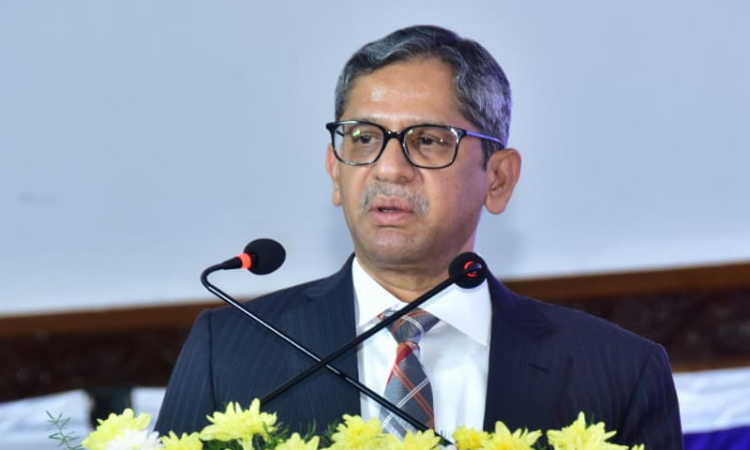Court Practices & Languages Alien To Traditional Societies; Justice System Needs To Be People Friendly : CJI NV Ramana
Mehal Jain
25 Sept 2021 2:38 PM IST

"The harsh reality is that the legal system fails to take consideration of the social realities and implications", CJI said.
Next Story


